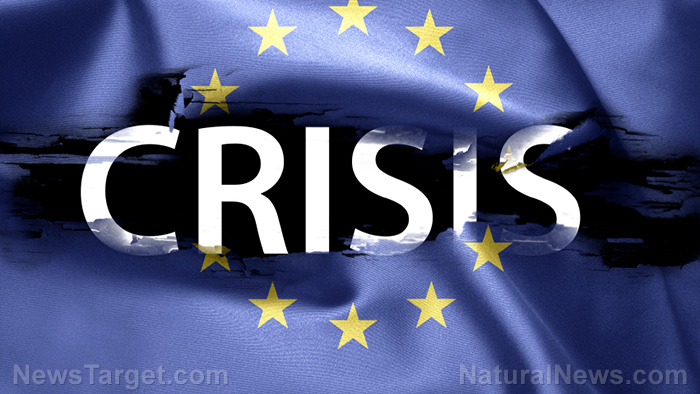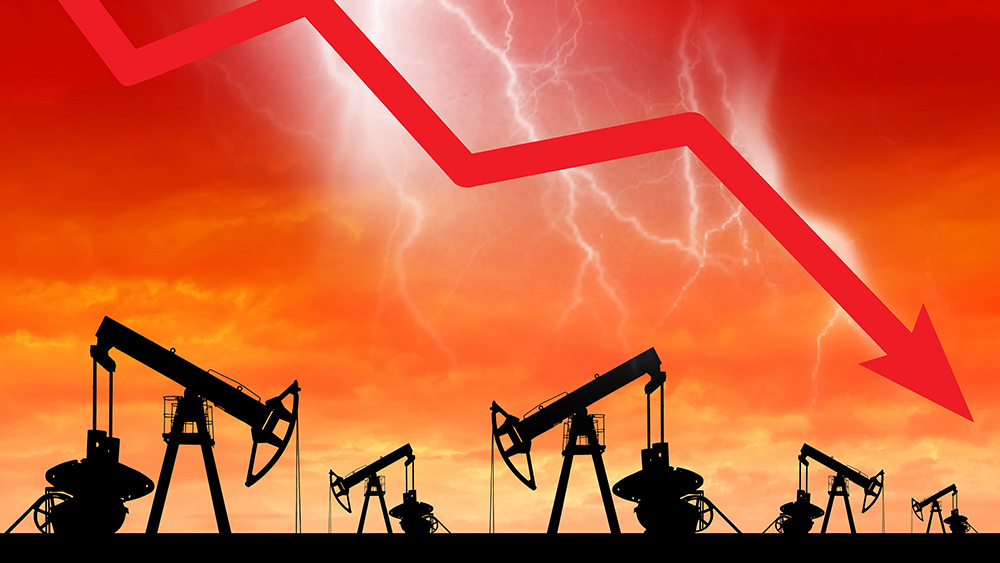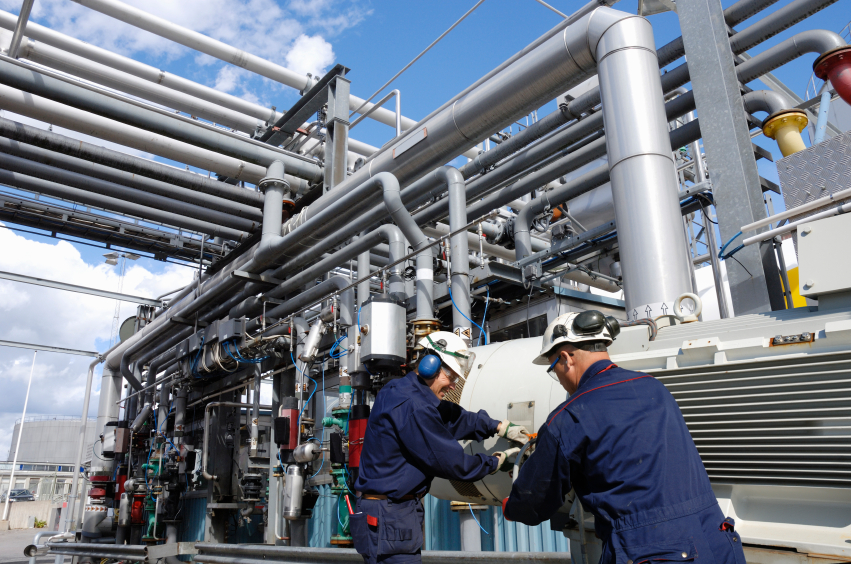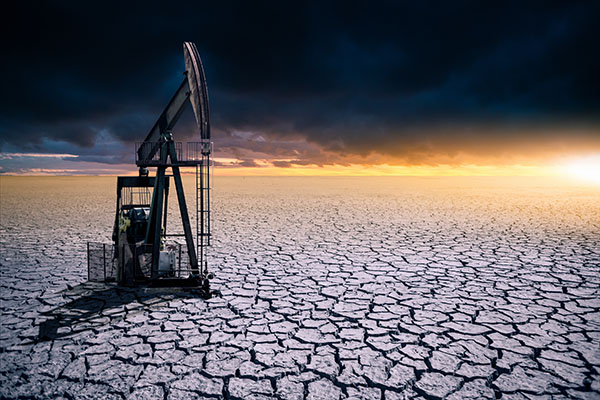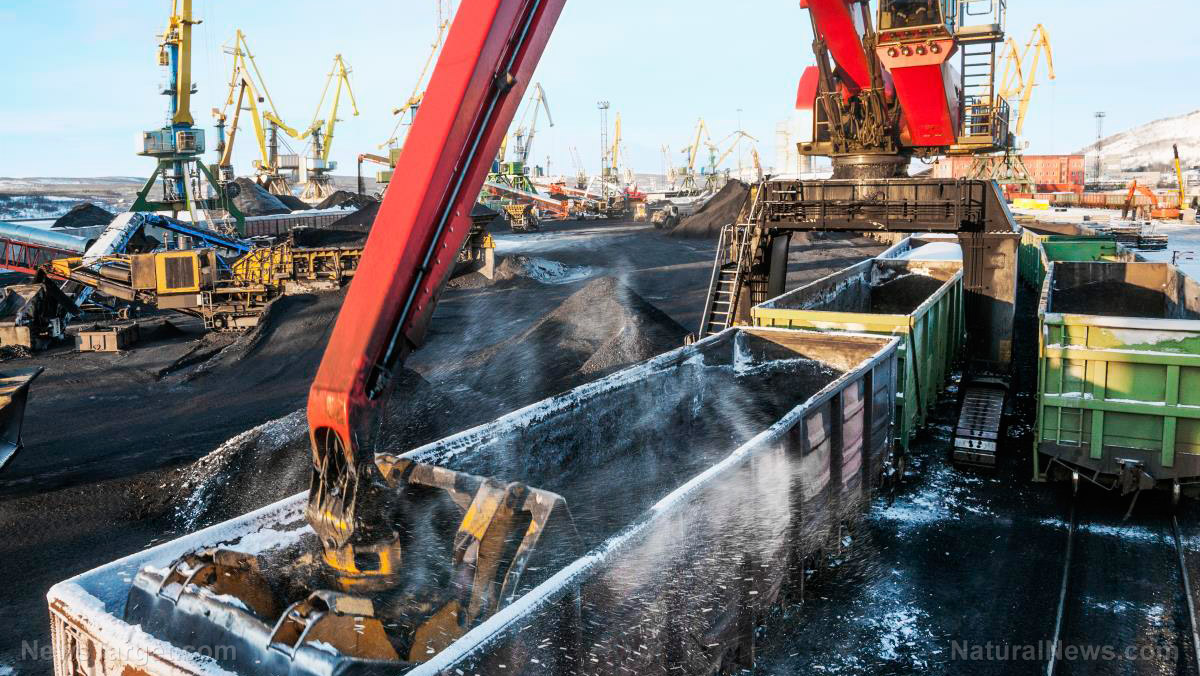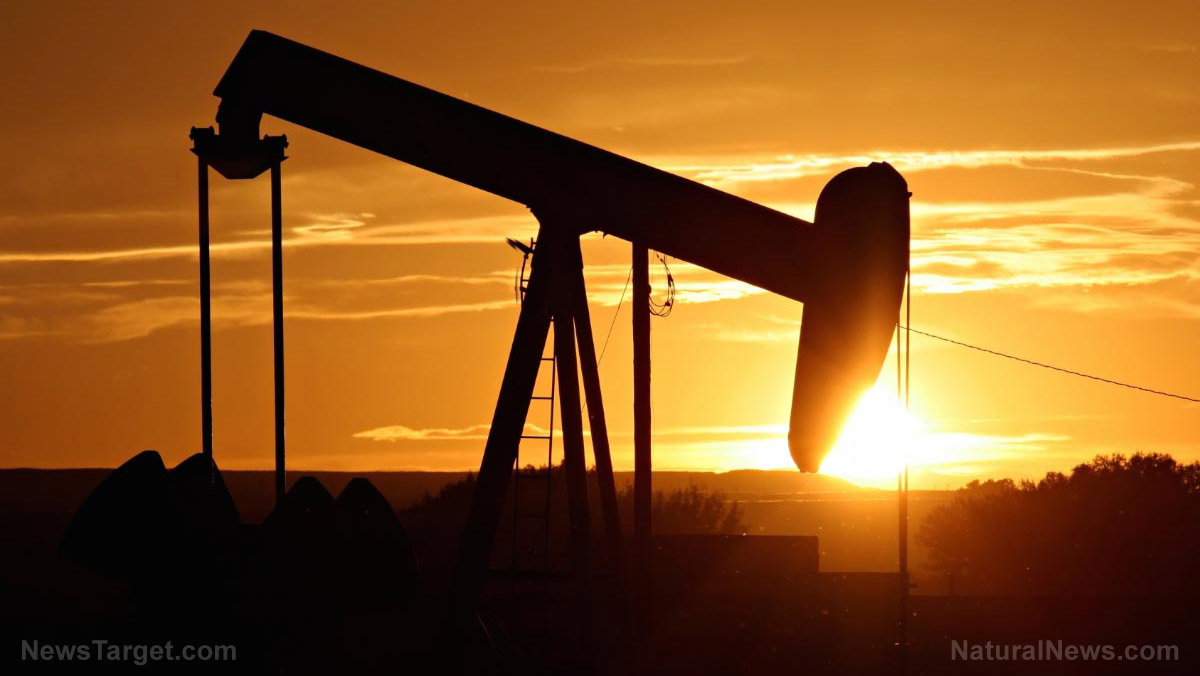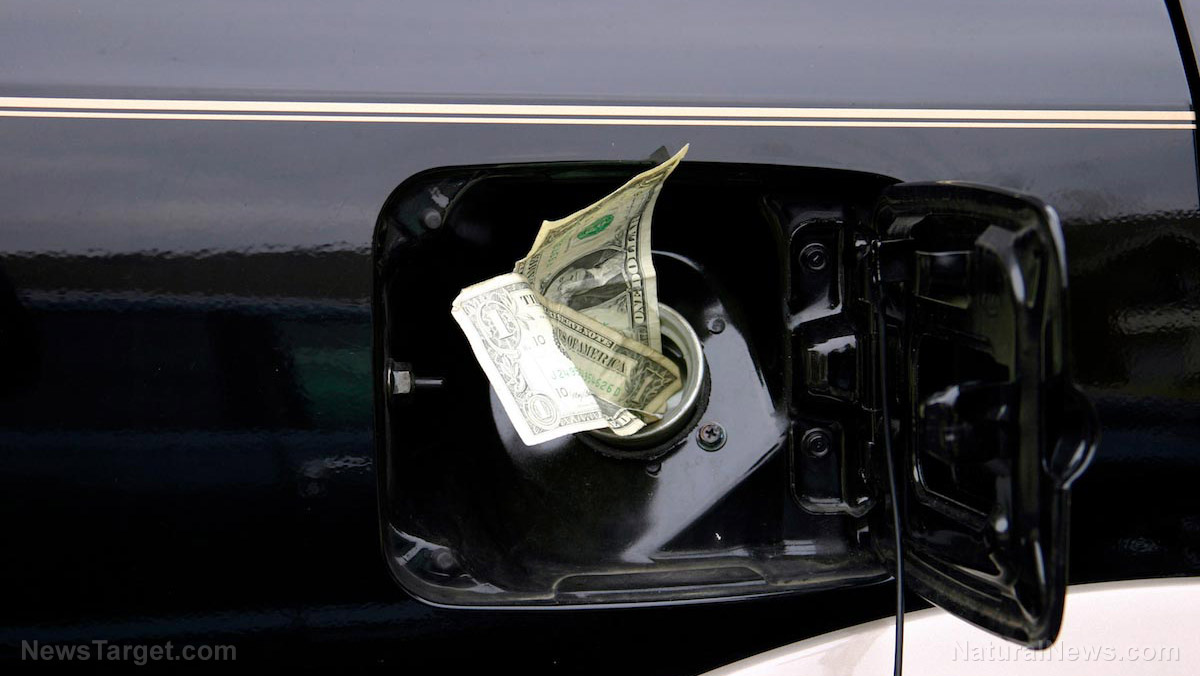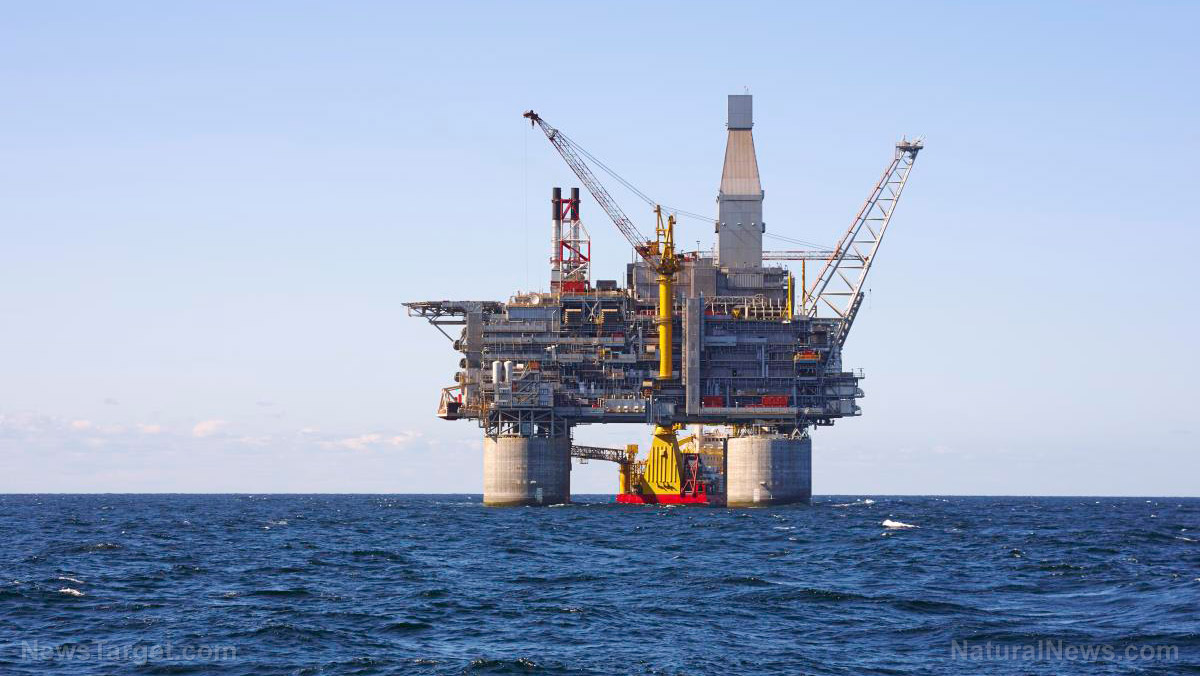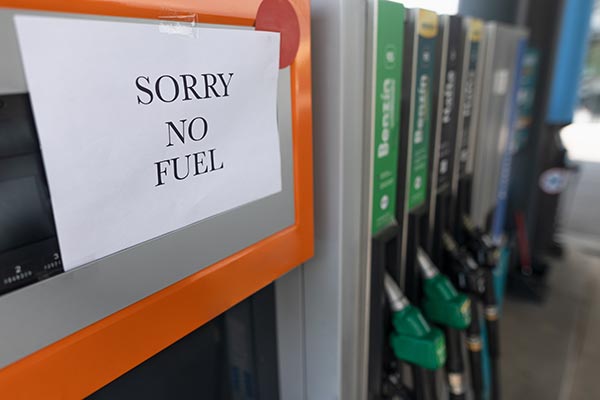Russia to shift 75-80% of oil exports to “friendly” nations
02/15/2023 / By Arsenio Toledo
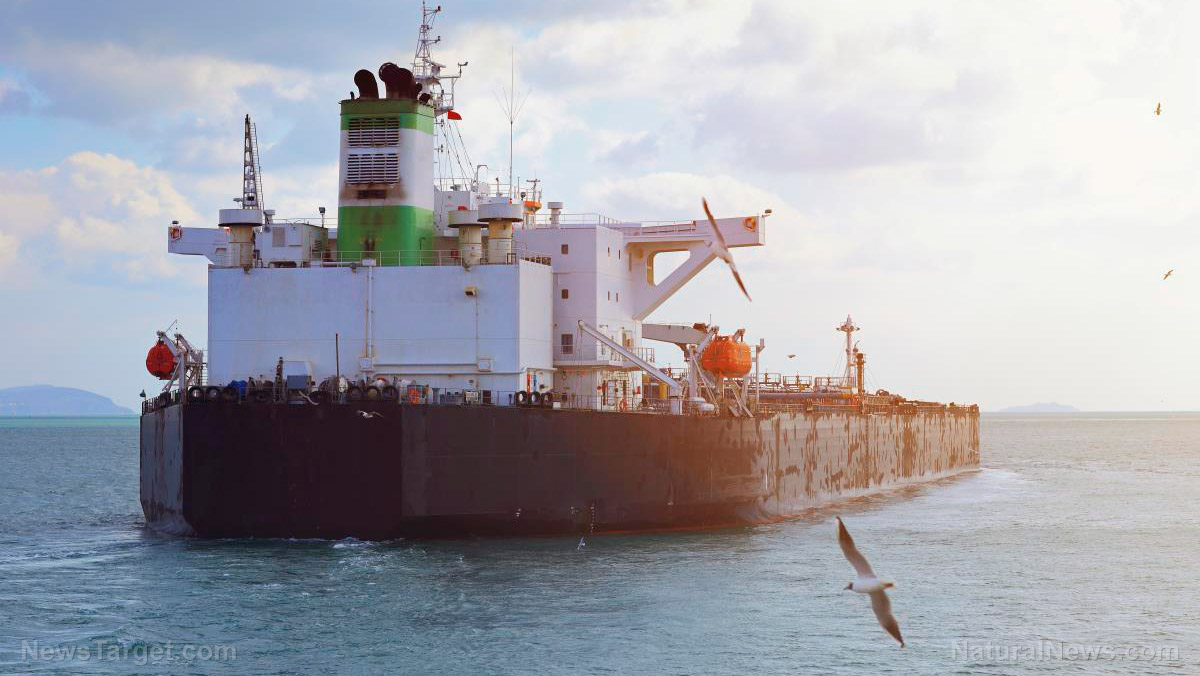
Russia will radically shift its exports of oil, selling between 75 percent to 80 percent to “friendly” nations this year, according to Deputy Prime Minister Aleksandr Novak.
The official noted that these countries would also receive around 75 percent of Russia’s refined oil products and that Moscow will continue looking for new markets in more accepting nations. (Related: Russia to cut oil output by 500,000 barrels per day in response to Western price cap.)
“As for supplies to states that maintain illegitimate price restrictions, our position here is widely known and remains unchanged – such countries will not receive Russian oil,” he said.
The “friendly” nations slated to receive more exports of Russian oil and petroleum products include China, India, Turkey and Sri Lanka, all of which have refused to participate in any sanctions, product bans or price caps against Russia.
India, in particular, has been repeatedly criticized for its continued purchasing of Russian crude oil, but has maintained that it must make the rational economic decision of purchasing the cheapest crude oil possible. A significant chunk of the crude oil India purchases is refined into fuel that is then exported to the United States and Europe.
In response to China and India’s continued support, Russia has stepped up its discounted sales to the two nations.
Novak added that oil production in Russia for 2022 amounted to 535.2 million tons, a two percent increase from the previous year and equivalent to around 10.75 million barrels of oil produced per day. And despite the slew of product bans and sanctions, Russian oil exports actually increased by 7.6 percent to 242 million tons, or around 4.9 million barrels of oil per day.
Oil deliveries to Asia surged this year, thanks to the increased transportation provided by the Port of Kozmino in Vladivostok. Oil deliveries to countries in the Asia-Pacific region rose to 42 million tons as a result.
Supplies to Russian domestic markets were also carried out reliably and at prices below inflation, said Novak.
“Such a result, given the rapid changes in world oil prices, was primarily achieved due to the damping mechanism which helps to ensure sufficient business profitability while keeping the retail price of fuel at filling stations low,” said Novak.
Russian announcement latest move in energy war against the West
The latest announcement is just the most recent move in a long-running energy war between Russia and the West, which the latter feels is justified due to the former’s special military operation in Ukraine.
To date, Western restrictions have had very little effect on Russian crude oil production volumes. Russian production has only fallen by 10,000 barrels per day in the month to 9.85 million barrels per day. This is only around 260,000 barrels lower than the 10.11 million barrels per day produced in February 2022, right before the beginning of the special military operation in Ukraine.
But Russian retaliation is expected to increase anxiety in Western markets. On Feb. 10, Novak said Russia will cut its production of crude oil by 500,000 barrels per day in March. Analysts quickly built this expected cut into their forecasts, and S&P Global warned that the announcement “could increase anxiety over near-term supply availability.”
Furthermore, many analysts see further cuts as possible if the West continues its economic war against Russia.
Learn more about Russia’s crucial role in the global energy market at NewEnergyReport.com.
Watch this episode of the “Health Ranger Report” as Mike Adams, the Health Ranger, discusses how the United States attempted to sabotage Russia’s energy exports in an act of terrorism by destroying the Nord Stream Pipeline.
This video is from the Health Ranger Report channel on Brighteon.com.
More related stories:
Regional emergency declared in eight states due to gasoline, diesel and jet fuel shortages.
CGEP report shows France guilty of HOARDING Russian LNG in early stages of Russia-Ukraine conflict.
Putin bans export of Russian oil to US and other nations that implemented a price cap.
As Europe freezes due to lack of energy, Russia nears completion of gas mega-pipeline to China.
Sources include:
Submit a correction >>
Tagged Under:
big government, collapse, economic war, energy crisis, energy exports, energy supply, energy war, fuel supply, oil, oil exports, oil production, oil trade, rationing, refined oil products, Russia, sanctions, scarcity, supply chain, World War III
This article may contain statements that reflect the opinion of the author
RECENT NEWS & ARTICLES
COPYRIGHT © 2022 FuelSupply.news
All content posted on this site is protected under Free Speech. FuelSupply.news is not responsible for content written by contributing authors. The information on this site is provided for educational and entertainment purposes only. It is not intended as a substitute for professional advice of any kind. FuelSupply.news assumes no responsibility for the use or misuse of this material. All trademarks, registered trademarks and service marks mentioned on this site are the property of their respective owners.


